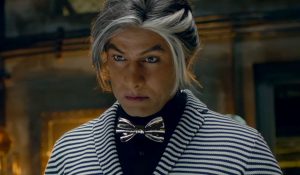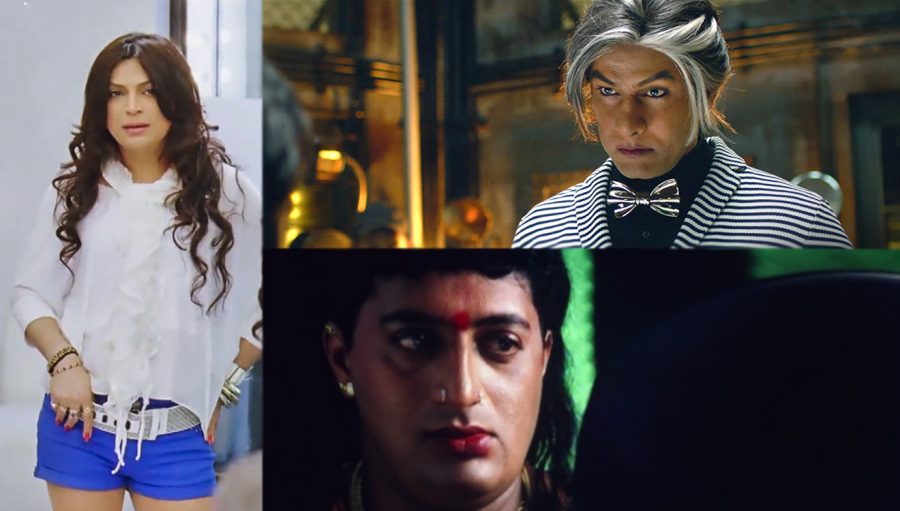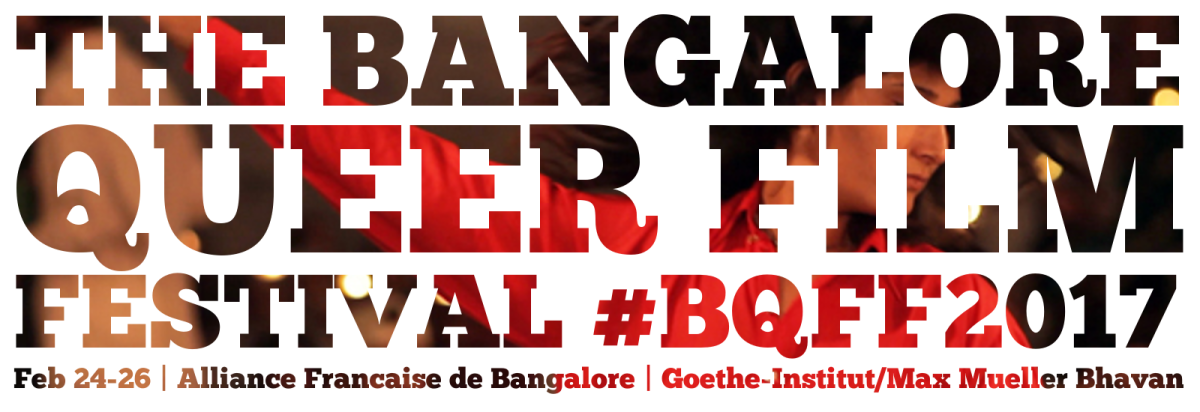At a recent event, writer-turned-filmmaker Raju Murugan said something that has been long in the coming. He said that film audiences will not accept films that portray the transgender community in an insensitive manner. “Gone are the days when we used to look down upon transgender people and others from the community,” he declared, “They have worked hard to carve out spaces for themselves in our country, and it is high time that we addressed this change on-screen. Instead of showing the dignified lives these people lead, Tamil films still choose to show them in a degrading manner. This has to stop!”
Despite the rich tradition and folklore surrounding the third gender, Tamil Nadu and Tamil films continue to depict the transgender community disrespectfully. More often than not, filmmakers use the trans community as an object of ridicule, only to evoke a few laughs from the gallery.

Iru-Mugan2.jpg.image.975.568
That Vikram, one of the leading stars in the Tamil film industry, took on this role was made much of, initially. When the film did release, the character he played, Love, was a ‘campy’, cringe worthy version, that did no justice to the community.
Another Vikram film to have done this was Shankar’s I. It had a transgender stylist, Ojas Rajani, playing Osma Jasmine, a stylist obsessed with Vikram’s Lingesan. When he spurns her drunken advances, she plots to disfigure him.

25CP_Ojasi
When I released, trans rights activist, theatre producer and actor, Living Smile Vidya wrote an open letter to director Shankar, in which she strongly criticised the portrayal of trans woman Osma.
Just ten minutes into the film, Vikram, the epitome of on-screen machismo, stares at the villain and says ‘dei, potta’. I was not surprised. Other ‘pottai-s** like me and I are used to such slander on screen. When Vinoth, director of the socially-sensitive film Sathuranga Vettai, casually uses the word ‘pottai’ as an abuse, and critics ruling this part of the world support him, can we expect any less from you?
A D V E R T I S E M E N TShankar, how are we, the pottais of the world, any less dignified than your masculine ideal? Is that ideal bigger than our realization that our being is filled with femininity, and we yearn to live the truth of our gender? Is your ideal much bigger than the courage to be honest and leave the safety of our home, and the comfort of our families? Is your ideal nobler than us losing our basic rights as citizens, when we run away and become refugees, second-class citizens, in our own country? Is it more magnificent than the scorching pyre of starting life afresh as a woman, without economic or social support?

maxresdefault (1)
When not prominently positioned, transgender characters are often used in gags in which they are ridiculed. “They dare to express their love for the male lead. That kind of sexuality is considered dangerous by the hetero-normative film industry, and so it must be silenced at all cost. One way to do this is by ridiculing it and laughing at it,” Karpaga says.
Recommended
The cross dressing for comedy routines that Tamil actors and comedians indulge in, also doesn’t help. “The opinion that is conveyed here is that any man/woman who chooses to take on roles and attributes ordained for the other gender is meant to be laughed at. This is prevalent from the times of MGR and Sivaji Ganesan. It’s high time we changed things,” Karpaga says.
There have been some exceptions, of course. Vivekh played a trans woman in Murattu Kaalai, and used the opportunity to drive home some key issues with the way people treated the community. Raghava Lawrence also used his Kanchana to create a more sensitive, grounded trans woman (essayed by Sarath Kumar).
What is heartening is the negative response that films like Irumugan, Thiraikku Varadha Kathai, I received; and with Raju Murugan’s latest declaration, a change is in the offing, perhaps.
*****



